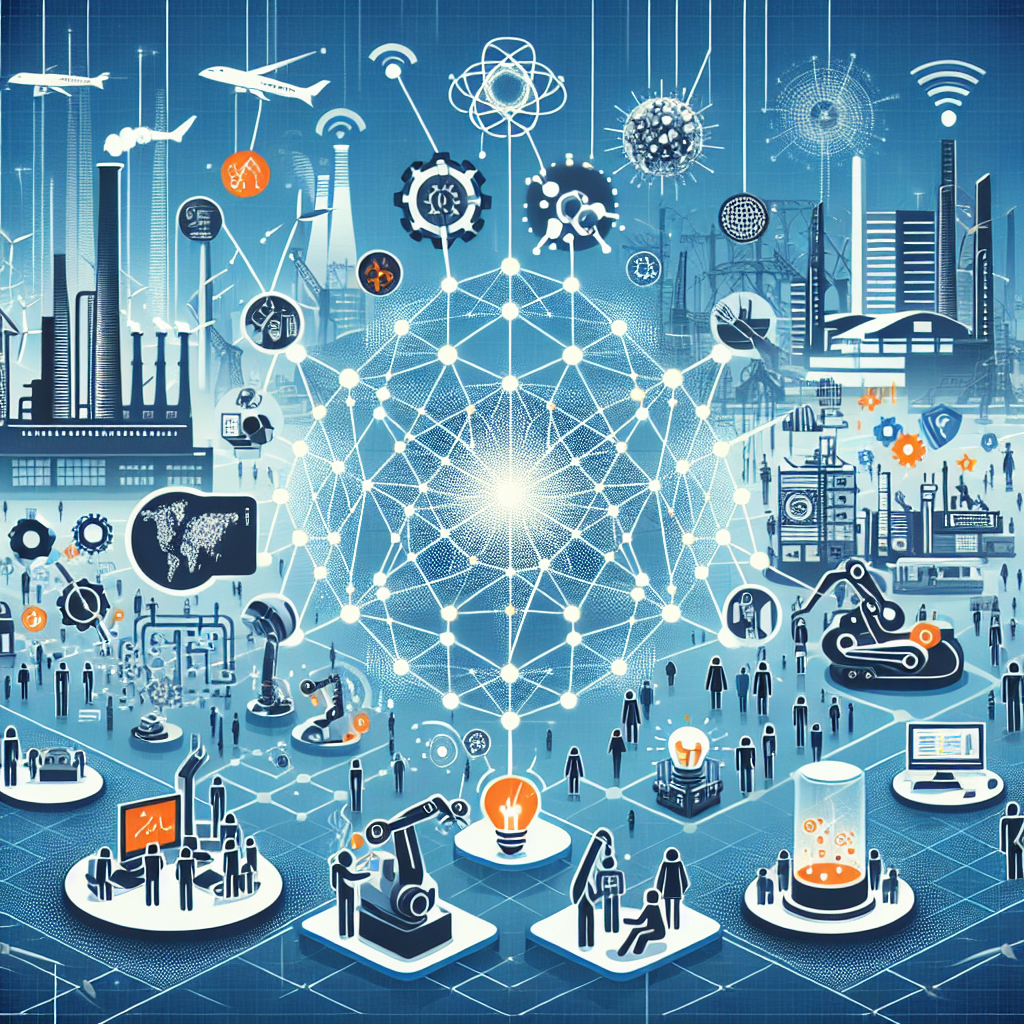Artificial General Intelligence (AGI) is a term that refers to a type of artificial intelligence that possesses the ability to understand, learn, and apply knowledge in a way that is indistinguishable from human intelligence. While current AI systems are designed for specific tasks and lack the general cognitive abilities of humans, AGI has the potential to revolutionize industries and society as we know it.
In this article, we will explore how AGI could transform various industries and impact society, as well as address some common questions and concerns surrounding this emerging technology.
AGI in Industries:
1. Healthcare:
One of the most promising applications of AGI is in healthcare. AGI-powered systems can analyze vast amounts of medical data to identify patterns and make accurate diagnoses. This can lead to more personalized treatment plans and better patient outcomes. Additionally, AGI can assist in drug discovery and development, leading to the creation of more effective medications in less time.
2. Finance:
In the finance industry, AGI can be used to analyze market trends and make predictions with a high degree of accuracy. This can help investors make informed decisions and minimize risks. AGI can also automate routine tasks such as data entry and processing, freeing up human employees to focus on more complex and strategic tasks.
3. Manufacturing:
AGI can revolutionize the manufacturing industry by optimizing production processes and improving efficiency. AGI-powered systems can monitor equipment performance, predict maintenance needs, and identify opportunities for cost savings. This can lead to increased productivity and reduced downtime, ultimately improving the bottom line for manufacturers.
4. Transportation:
AGI has the potential to transform the transportation industry through the development of autonomous vehicles. AGI-powered systems can navigate complex environments, make split-second decisions, and communicate with other vehicles to ensure safe and efficient transportation. This can lead to reduced traffic congestion, lower accident rates, and increased accessibility for individuals with limited mobility.
AGI in Society:
1. Education:
AGI can revolutionize the education system by personalizing learning experiences for students. AGI-powered tutoring systems can adapt to individual learning styles and pace, providing targeted feedback and support. This can help students achieve better academic outcomes and develop a lifelong love of learning.
2. Environment:
AGI can play a significant role in addressing environmental challenges such as climate change and species extinction. AGI-powered systems can analyze environmental data to identify trends and patterns, predict future outcomes, and recommend solutions. This can help policymakers make informed decisions and implement effective strategies to protect the planet for future generations.
3. Communication:
AGI has the potential to revolutionize communication by breaking down language barriers and enabling real-time translation. AGI-powered systems can understand and generate human language with a high degree of accuracy, facilitating communication between individuals who speak different languages. This can promote cultural exchange, collaboration, and understanding on a global scale.
FAQs:
1. What is the difference between AGI and narrow AI?
AGI refers to artificial intelligence that possesses general cognitive abilities similar to humans, while narrow AI is designed for specific tasks and lacks the versatility of AGI. AGI can learn, reason, and adapt to new situations, while narrow AI is limited to the tasks it was designed for.
2. Will AGI replace human workers?
While AGI has the potential to automate routine tasks and improve efficiency in various industries, it is unlikely to replace human workers entirely. AGI can augment human capabilities, freeing up employees to focus on more strategic and creative tasks that require human judgment and empathy.
3. What are the ethical implications of AGI?
The development and deployment of AGI raise various ethical concerns, including issues related to privacy, bias, accountability, and control. It is essential for policymakers, researchers, and industry stakeholders to address these concerns proactively to ensure that AGI is developed and used responsibly.
4. How far are we from achieving AGI?
While significant progress has been made in the field of artificial intelligence, achieving AGI remains a complex and challenging goal. Researchers continue to work on developing algorithms and systems that can emulate human intelligence in a general sense, but there is still much to learn and discover in this evolving field.
In conclusion, AGI has the potential to revolutionize industries and society as we know it by enhancing productivity, efficiency, and innovation. While there are challenges and concerns associated with the development and deployment of AGI, the benefits of this transformative technology are vast and promising. By addressing ethical considerations and working collaboratively, we can harness the power of AGI to create a brighter future for all.

